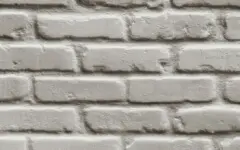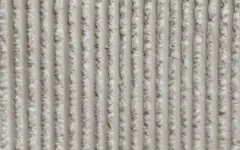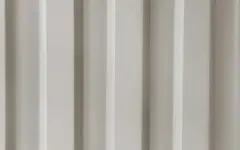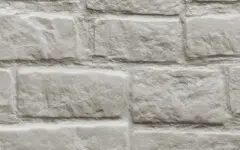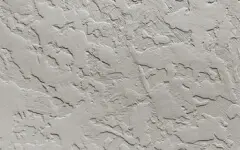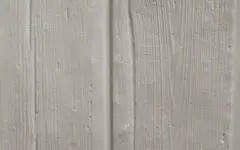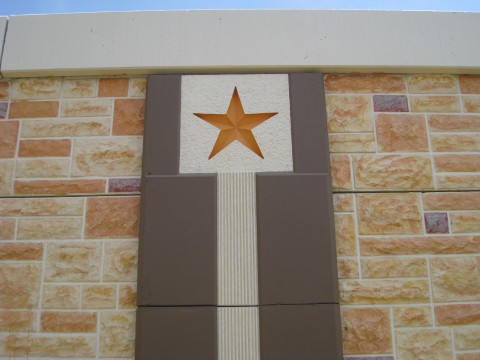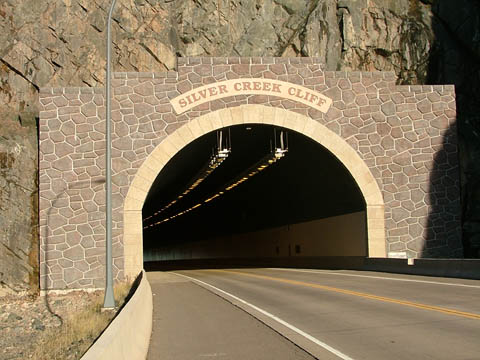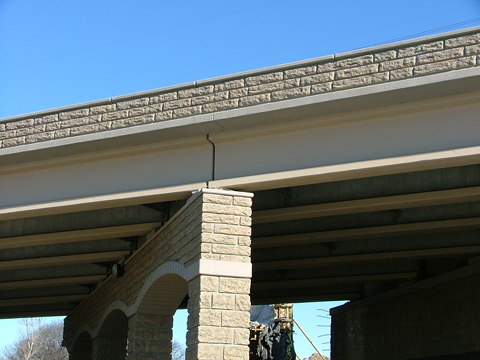URETHANE FORMLINER 101
When is urethane used?
Urethane is used for large projects or when high detail and high relief of the pattern is needed.
Urethane is best for large projects that can take advantage of the multiple reuses making these liners the most cost effective option.
Urethane liners are created by pouring or spraying urethane material onto a mold’s surface. This process picks up even the most finite pattern details. This renders a near perfect representation of the original texture onto the concrete.


